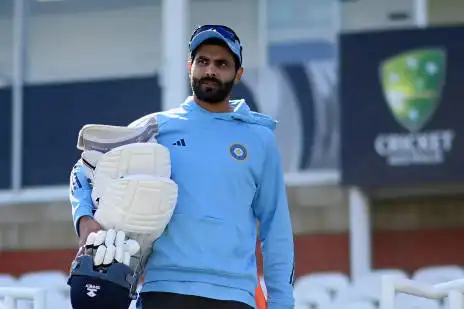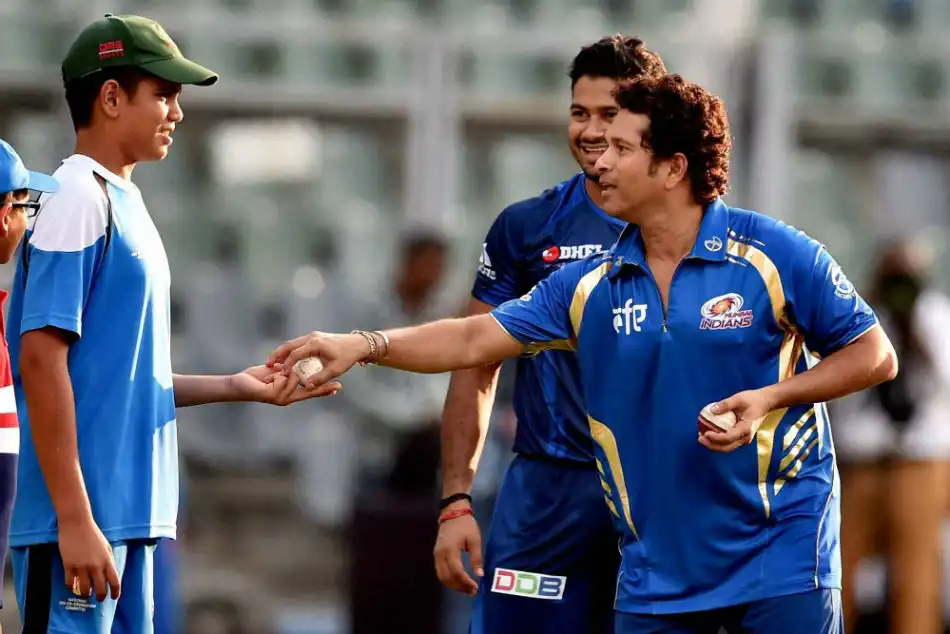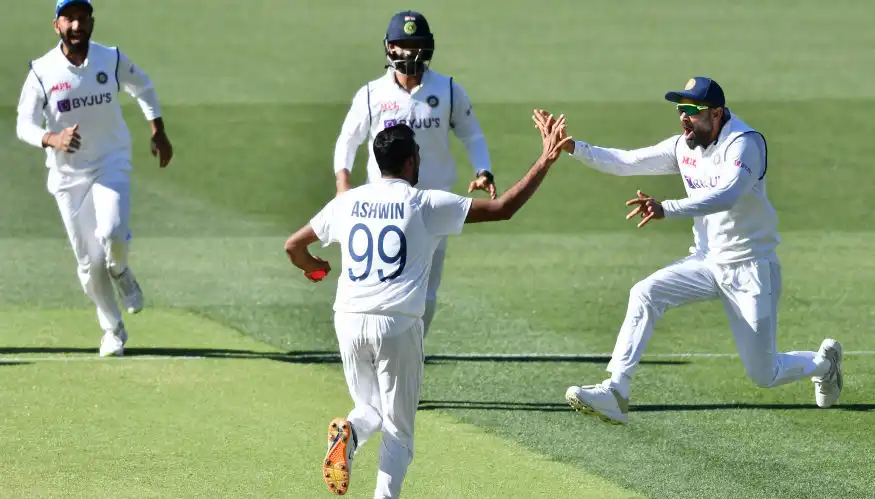 Virat Kohli [Image- Twitter]
Virat Kohli [Image- Twitter]
Former Indian captain Virat Kohli opened up on the evolution of the India-Australia rivalry ahead of the WTC final showdown between the top-2 Test nations at the Oval.
India vs Australia has been the most exhilarating, eye-catching rivalry in Test cricket in the last 20-25 years, where tempers have flared and excellence have prospered.
There has been no shortage of heated moments between both sets of players over the course of the last two decades, with Virat leading the way from the front, like he did with his bat and as leader.
However, in recent times, both sets of players have mellowed down considerably, with mutual respect on full show.
According to Kohli, the reason for this is India's historic Test series wins Down Under in 2018/19 & 2020/21.
Here's what Virat Kohli said:
The rivalry between India and Australia, in the early days, used to be a lot intense. There used to be a tense environment. But after we won 2 series in Australia, the rivalry has turned into respect. We can't be taken lightly as a Test team. We can see the respect the oppositions have for us. They expect us to give a close fight even in their conditions. We can't be taken lightly anymore," Virat Kohli told Star Sports from London.
"There used to be tension in the air in the past. But that's not there now. You have your presence now, there's standing on level terms now," he added.
India have dominated Australia in Test cricket for close to a decade now. Since dropping a hugely competitive 4-match rubber, 0-2 in 2014/15, India have defeated the Aussies in four consecutive series, including twice in the latters' den.
Will the Aussies avenge a decade of hurt by beating India in the WTC final? Or will India earn their rightful crown as the best team in the world. We will find out this week.




.jpg?type=mq)

